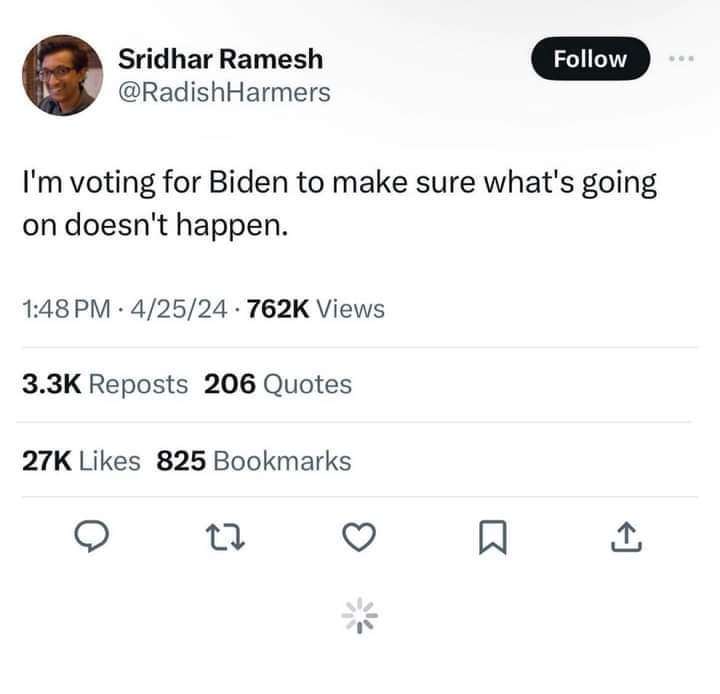this post was submitted on 27 Apr 2024
232 points (71.5% liked)
Memes
1279 readers
65 users here now
founded 2 years ago
MODERATORS
you are viewing a single comment's thread
view the rest of the comments
view the rest of the comments

It seems to have been buried to the sands of time, but I once read an excellent article explaining why modern protest movements have a terrible track record compared to the ones from before the 1980s (or so). The book "If We Burn" by Vincent Bevins has a similar theme.
The long and short of it is that modern protests are too easy to organize, and don't represent any real power. You can start a Facebook event and get loads of people to show up and stand in the street, but that's pretty much it. In order to organize a protest in the 1960s, you had to have an established organization and power structure. You had to have regular meetings and a bureaucracy in order to get a large number of people to show up and protest. That same bureaucracy could also be used for other things, like supporting or opposing particular political candidates, and the oppositional and sympathetic establishment knew that.
A modern protest is toothless. It has no weight behind it. If you want to have enough power to take on the establishment that you oppose, you have to become equally structured and monied in order to fight them. That's what it means to become a part of the establishment. You might not join the established teams, but you're going to become so well organized and bureaucratic that angsty teams would immediately write you off as boring and just another part of the system if they ever had to participate in one of your long term planning sessions.
On an individual level my suggestion is to join the system and change it from within, because one person doesn't make for a very powerful organization. Plus, it's rare for any random person to have the chops or resources to build up a political organization for themselves. On the collective level, you gotta start holding committee meetings.